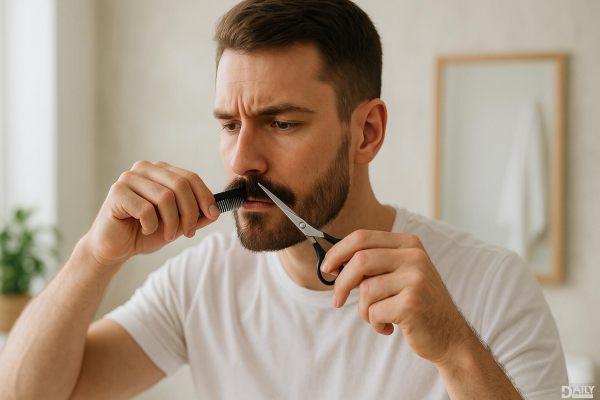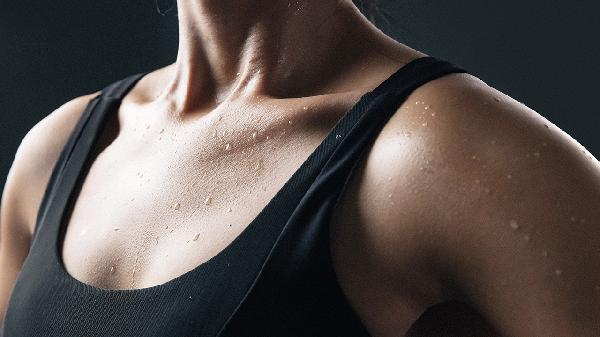Yes, it’s true—guys with hairy chests might be packing more than just a rugged look. While chest hair has often been a topic of debate in the world of grooming and fashion, it turns out it could be linked to some surprising health benefits. From better protection against the sun to potential hormonal advantages, that extra fuzz might be doing more for your body than you think. Let’s dive into the science and uncover what your chest hair could be telling you about your health.

Believe it or not, chest hair can act as a natural barrier against harmful UV rays. While it’s not a replacement for sunscreen, the hair on your chest can help reduce direct exposure to the sun, lowering your risk of sunburn and long-term skin damage. Think of it as your body’s built-in SPF. Studies have shown that hair can scatter and absorb UV radiation, providing a layer of protection that bare skin simply doesn’t have. So, if you’re rocking a hairy chest, you might be giving your skin a little extra defense against those sunny days at the beach.
Chest hair is often associated with higher levels of testosterone, the hormone responsible for male secondary sexual characteristics. While having a hairy chest doesn’t necessarily mean you’re bursting with testosterone, it can be a sign that your hormone levels are in a healthy range. Testosterone plays a crucial role in muscle mass, bone density, and even mood regulation. So, if you’ve got a thick patch of chest hair, it might be a subtle nod to your body’s hormonal balance. Of course, hormone levels vary from person to person, but it’s an interesting connection worth noting.
Your chest hair isn’t just for show—it can actually help regulate your body temperature. In colder climates, the hair traps a layer of warm air close to your skin, acting as a natural insulator. On the flip side, in hot weather, it can help wick away sweat and improve airflow, keeping you cooler. This dual-purpose function is a testament to how your body adapts to different environments. So, whether you’re braving the winter chill or sweating through a summer heatwave, your chest hair might be working overtime to keep you comfortable.
Here’s a fun fact: chest hair can act as a natural filter for allergens like dust and pollen. The hair traps these particles before they reach your skin or respiratory system, potentially reducing your risk of allergic reactions. While it’s not a foolproof defense mechanism, it’s an added layer of protection that might make a difference, especially during allergy season. So, if you’re prone to sneezing fits or itchy eyes, your chest hair could be lending a helping hand.
If you’ve ever experienced chafing or irritation from clothing rubbing against your skin, you’ll appreciate this one. Chest hair can act as a buffer, reducing friction between your skin and your shirt. This can help prevent irritation, especially during physical activities like running or working out. Additionally, the hair can help distribute sweat more evenly, reducing the likelihood of breakouts or rashes. It’s like your body’s way of saying, “I’ve got you covered—literally.”
Let’s not overlook the psychological benefits of having a hairy chest. For many men, chest hair is a symbol of masculinity and maturity, which can boost self-confidence. Studies have shown that people often perceive men with chest hair as more dominant and mature, which can influence social interactions and self-esteem. While confidence ultimately comes from within, it’s interesting to see how something as simple as chest hair can play a role in how you see yourself—and how others see you.
So, the next time you’re debating whether to trim or embrace your chest hair, remember that it’s more than just a style choice. From sun protection to hormonal health, that extra layer of fuzz could be working in your favor. Whether you’re a fan of the natural look or prefer a smoother aesthetic, it’s worth appreciating the hidden benefits that come with being a little hairier up top. After all, your body knows what it’s doing—so why not let it do its thing?
























